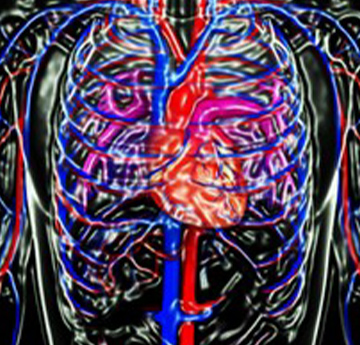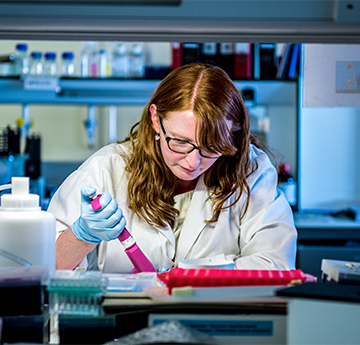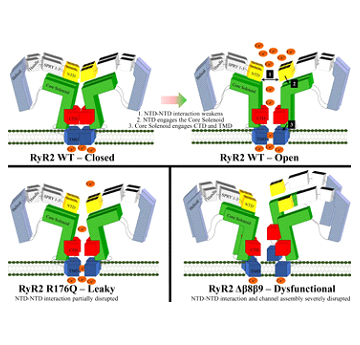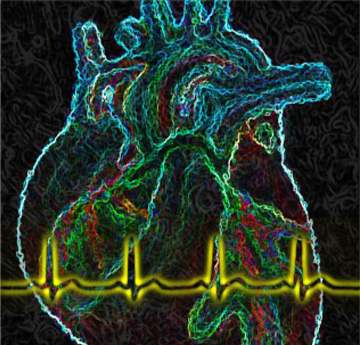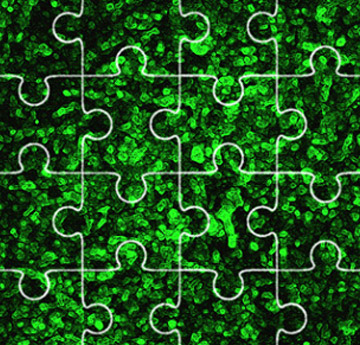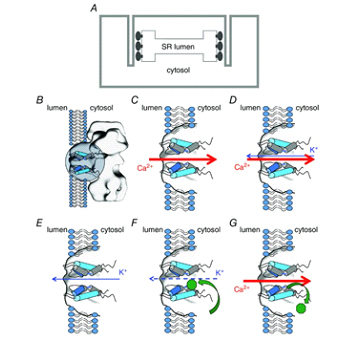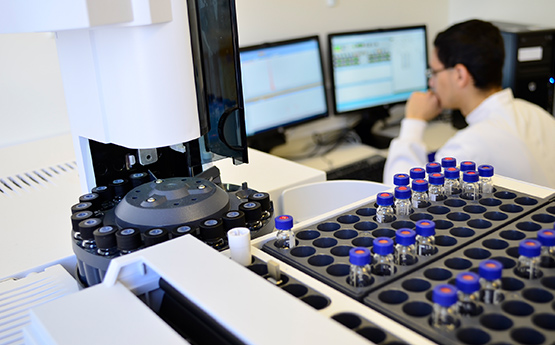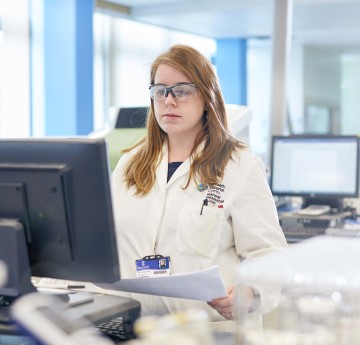Selected publications since 2015
Seidel M, De Meritens CR, Johnson L, Parthimos D, Bannister M, Thomas NL, Ozekhome-Mike E, Lai FA, Zissimopoulos S (2020) Identification of an amino-terminus determinant critical for ryanodine receptor/Ca2+ release channel function. Cardiovasc. Res. doi: 10.1093/cvr/cvaa043
Harris DE, Lacey AS, Akbari A, Obaid DR, Smith DA, Jenkins GH, Barry JP, Gravenor MB, Halcox JPJ (2019) Early discontinuation of P2Y12 antagonists and adverse clinical events post percutaneous coronary intervention – a hospital & primary care linked cohort. J Am Heart Ass 8:e012812
Sundaram V, Bloom C, Zakeri R, Halcox JPJ et al (2019). Temporal trends in the incidence, treatment patterns, and outcomes of coronary artery disease and peripheral artery disease in the UK, 2006-2015. Eur Heart J. doi: 10.1093/eurheartj/ehz880
Gintant G, George CH (2018) Introduction to complexity as a missing link in drug discovery. Exp. Opin. Drug Discov. 13:753-763.
Richards C, Dorman S, John P, Davies A, Evans S, Ninan T, Martin D, Kannoly S, Roberts-Davies G, Ramsey M, Obaid D (2018). Low-radiation and high image quality coronary computed tomography angiography in “real-world” unselected patients. World J. Radiol. 10(10), 135-142.
Stancyzk P, Seidel M, White J, Viero C, George CH, Zissimopoulos S, Lai, FA (2018) Association of cardiac myosin binding protein-C with the ryanodine receptor Ca2+ release channel: putative retrograde regulation. J. Cell Sci. 13: jcs210443.
Benson MA, Tinsley CL, Waite AJ, Carlisle FA, Sweet SMM, Ehler E, George CH et al. (2017) Ryanodine receptors are part of the myospryn complex in cardiac muscle. Sci. Rep. 7: 6312.
Dhanjal TS, Lellouche N, von Ruhland CJ, Abehsira G, Edwards DH, Dubois-Rande J-L, Moschonas K, Teiger E, Williams AJ, George CH (2017) Massive accumulation of myofibroblasts in the critical isthmus underpins VT susceptibility in post-infarct swine heart. JACC: Clin. Electrophys. 3: 703-714.
Halcox J et al (2017) Assessment of remote heart rhythm sampling using the AliveCor heart monitor to screen for atrial fibrillation: The REHEARSE-AF Study. Circulation. 136:1784-1794
Lacoin L, Lumley M, Ridha E, Pereira M, Ramagopalan S, Lefevre C, Evans, Halcox J. (2017) The evolving landscape of stroke prevention in atrial fibrillation within the United Kingdom between 2012 and 2016: a cross-sectional analysis study using CPRD. BMJ Open. 7:e015363
Obaid D, Hailan A, Chase A, Dorman S, Jenkins G, Raybould A, Ramsey M, Thomas P, Smith D, Ionescu A (2017) Balloon-assisted tracking use reduces radial artery access failure in an experienced radial center and is feasible during primary PCI for STEMI. J Inv Cardiol 29(7), 219-224.
Bannister ML, Alvarez-Laviada A, Thomas NL, Mason SA, Coleman S, du Plessis CL, Moran AT, Neill-Hall D, Osman H, Bagley M, MacLeod KT, George CH, Williams AJ (2016) Effect of flecainide derivatives on sarcoplasmic reticulum Ca2+ release confirms a lack of direct action in the cardiac ryanodine receptor. Br. J. Pharmacol. 173:2445-2459.
Brown A, Teng Z, Calvert P, Rajani N, Hennessy O, Nerlekar N, Obaid D et al (2016) Plaque structural stress estimations improve prediction of future major adverse cardiovascular events after intracoronary imaging. Circ. Cardiovasc. Imaging, 9(6), e004172.
Ellins EA, New KJ, Datta DB, Watkins S, Haralambos K, Rees A, Aled Rees D, Halcox J (2016) Validation of a new method for non-invasive assessment of vasomotor function. Eur J Prev. Cardiol. 23:577-583.
George CH, Mitchell AN, Preece R, Bannister ML, Yousef Z (2016) Pleiotropic mechanisms of perhexiline in heart failure. Exp. Opin. Ther. Patent. 29:1049-1059.
Bannister ML, Thomas NL, Sikkel MB, Mukherjee S, Maxwell CE, Macleod KT, George CH, Williams AJ. (2015) The mechanism of flecainide action in CPVT does not involve a direct effect on RyR2. Circ. Res. 116:1324-1335.
Halcox J et al. (2015) EURIKA investigators Low rates of both lipid-lowering therapy use and effectiveness across Europe: results from the European Study on Cardiovascular Risk Prevention and Management in Usual Daily Practice (EURIKA). PLOSOne 10:e0115270.
Lewis KJ, Silvester NC, Barberini-Jammaers SR, Mason SA, Marsh SA, Lipka M, George CH (2015) A new system for profiling drug-induced calcium signal perturbation in human embryonic stem cell-derived cardiomyocytes. J. Biomol. Screen. 20:330-340.
Seidel M, Thomas NL, Williams AJ, Lai FA, Zissimopoulos S (2015) Dantrolene rescues aberrant N-terminus inter-subunit interactions in mutant pro-arrhythmic cardiac ryanodine receptors. Cardiovasc Res. 105(1): 118-28.
Thayer D, Rees A, Kennedy J, Collins H, Harris D, Halcox J et al (2015) Measuring follow-up time in routinely-collected health datasets: Challenges and solutions. PLoS One. 15(2):e0228545.

